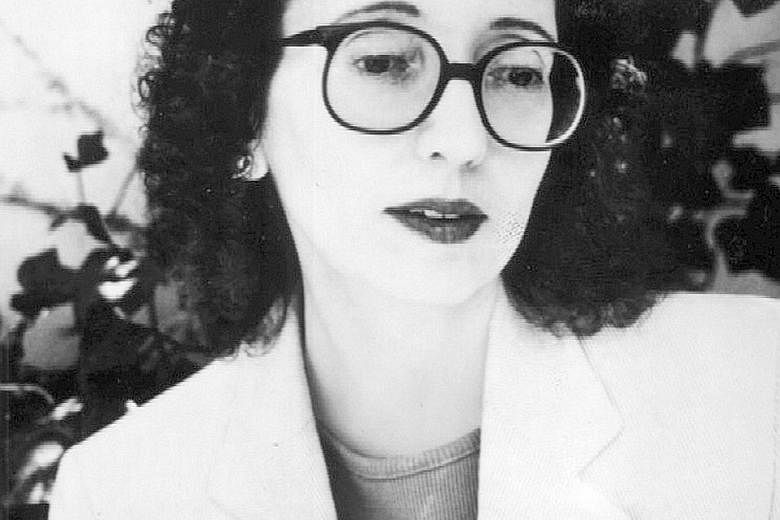In an age when attention spans are purportedly dwindling, the epic novel appears, against the odds, to be back in vogue.
Last year, Annie Proulx took on 300 years of deforestation in her doorstopper Barkskins. Earlier this year, Paul Auster charted the four parallel lives of one American lad in the 866-page tome 4 3 2 1.
Joining these is an epic martyrology from Joyce Carol Oates, one of American fiction's most prolific and versatile figures, with more than 50 novels to her name.
Unlike other epics, which sprawl over vast swathes of time, Oates' latest novel unspools from a single event in 1999, the shooting of abortion doctor Gus Voorhees outside his Ohio clinic by construction worker Luther Dunphy, a pro-life "Soldier of God".
-
FICTION
-
A BOOK OF AMERICAN MARTYRS
By Joyce Carol Oates
Ecco/Hardcover/ 736 pages/ $43.87/Books Kinokuniya/4/5 stars
Both men are immediately claimed as martyrs, Dunphy by the pro-life movement and Voorhees by women's rights activists.
In a series of nuanced portraits of those caught up in the shooting's aftermath, Oates takes on the abortion debate, one of the great rifts in American society, and gives each side its say.
The novel's arrival comes as United States President Donald Trump's administration moves against abortion providers, most recently cutting funding for the United Nations agency responsible for family planning in more than 150 countries.
While Oates adeptly lays out the roiling politics surrounding the shooting, her novel is at its most engaging when she tackles the grief of the two families shattered by it.
The working-class Dunphys seek comfort in religious zealotry as they endure the excruciating wait for Luther's execution.
The liberal, well-off Voorhees family enter what they call a "posthumous life", in which they fall apart.
The pressure of the trial leaves Gus' widow Jenna so stricken that she walks out on her three children, among them Naomi, an embittered teenager whose obsession with chronicling her father's story consumes her life.
Oates' writing barrels along with such unflagging energy that the reader rarely feels its length.
She handles allure and gore with the same deftness, from the desiccated beauty of Muskegee Falls, the site of the murder, to a surreal sequence in which pro-life protesters dig Ziploc bags of foetuses out of the dumpsters behind an abortion clinic, aiming to give them Christian burials.
Oates tangles with dogma and fudges what appears to be black and white, right and wrong.
Gus' pro-choice idealism is shaken by his mother's revelation that he was an unwanted pregnancy that she had tried to terminate. "You are wrong to think that because you have been born, you are in a position to prevent others from being born," she says.
The most sympathetic character is unexpectedly Luther's daughter Dawn, an ugly duckling of a girl with hidden reserves of violence.
In the wake of her father's execution, she decides to become a professional boxer, and her dazzling Million Dollar Baby turn as a brutal welterweight, dubbed The Hammer Of Jesus, is far and away one of the best developments of the novel.
In a time of echo chambers and bitter divisions, this martyrology puts forward a powerful dream of reconciliation.
If you liked this, read: The Evangelicals: The Struggle To Shape America (Simon & Schuster, 2017, $57.98, Books Kinokuniya) by Pulitzer Prize-winning historian Frances FitzGerald, which traces the history of evangelism in the US from the 18th century and its impact on American politics.


